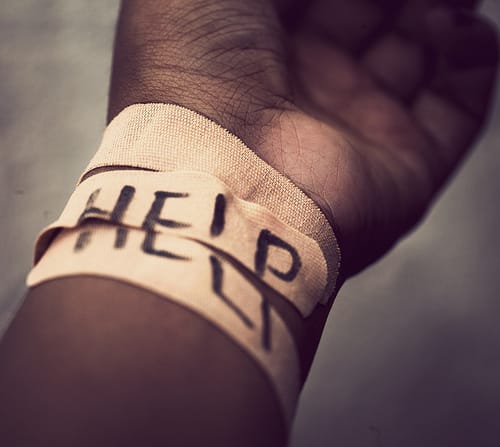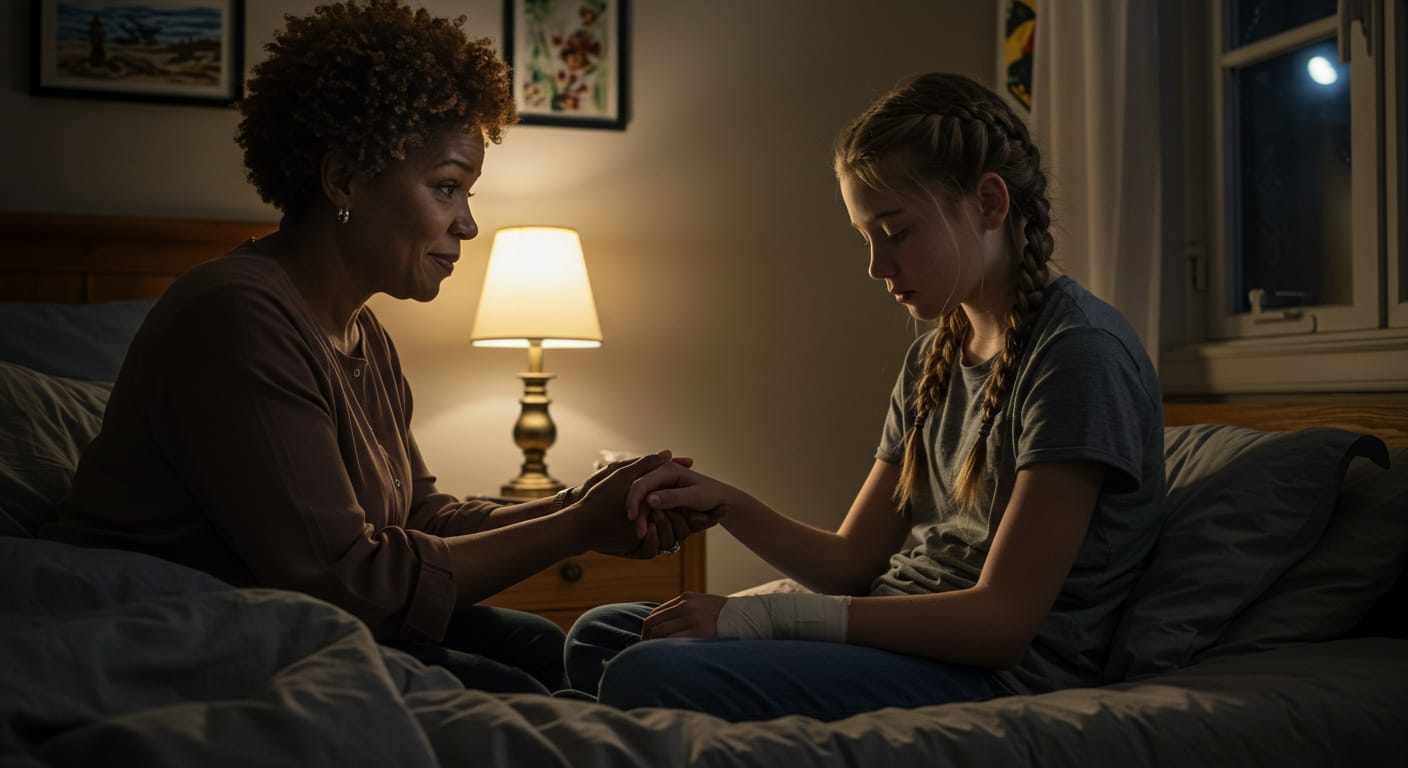Understanding the Silent Struggle
Self-harm in teens often begins as a way to cope with overwhelming emotional pressure. Cutting, a form of self-injury, is becoming more common as a “secret” trend among adolescents struggling with pain, shame, or isolation.
“I can feel the hurt. There’s something good about it… mostly it makes me stop remembering.” — Albert Borris
While it may seem like a quick release from inner turmoil, self-harm is dangerous and can carry into adulthood if left untreated. Parents must be alert to the warning signs—because awareness could save a life.
Cutting and Depression Often Go Hand-in-Hand
Cutting is rarely an isolated issue. Often, it is linked with underlying mental health conditions, such as:
-
Depression
-
Anxiety disorders
-
Low self-esteem
-
Post-traumatic stress
According to licensed psychologist Dr. Sarah Ravin, treatment begins with open dialogue and professional help, not shame or blame. Understanding that this behavior is a symptom, not just a problem, is the first step toward recovery.
Recognizing the Red Flags
As a parent, it’s critical to watch for signs that your child may be self-harming:
-
Wearing long sleeves even in warm weather
-
Unexplained cuts, bruises, or scars—especially on arms, thighs, or wrists
-
Sudden withdrawal from family and friends
-
Expressions of worthlessness, guilt, or emotional numbness
Many teens who engage in cutting feel isolated or rejected, and they may believe this is the only way to express their pain.
Don’t Dismiss the Warning Signs
If you suspect or discover that your teen is self-harming, act immediately. Even if you believe it’s just “a phase” or an attempt for attention, take it seriously.
Self-harm is not just attention-seeking. It’s a coping mechanism rooted in emotional pain.
The truth is, one incident can be life-threatening. Cutting is not just a cry for help—it is help being silently asked for.
Suicide: The Unspoken Risk
Self-harm may sometimes lead to thoughts of suicide. If your teen talks about wanting to die—or even jokes about it—never ignore these statements.
They may feel:
-
Trapped
-
Helpless
-
Unheard
Don’t allow their pain to escalate. Seeking help from a licensed counselor or therapist can make all the difference.
How You Can Help
-
Listen without judgment
-
Be present and consistent in your support
-
Encourage professional help from mental health specialists
-
Reassure your teen that they’re not alone, and that healing is possible
The most powerful tool in your parenting toolbox is awareness. Knowing what to look for and taking swift, compassionate action can help your teen step out of the darkness.
Protect your child today. Speak up. Reach out. Be there.



The self harm is something I’m seeing more and more in the high school, especially with girls. I don’t like it, it’s alarming.
Depression can hit anyone. So if a teenager does some self harm, it’s a huge sign.
Parent should be really vigilant on this. Teens suffering from depression often result to hurting themselves.
Oh, that pic is really gross, but self harm is something that needs to be addressed. You seem to be very educated on teenage depression and a great resource for those in need of it.
Stacie, Sorry about the image but I hope Parents look beyond and seek help if they child needs it.
As always this is a great resource. Those of us with teens have to really watch this… I am so grateful to you for the work you are doing. I am reading and remembering… I want to see all kids thrive…
This is so scary. I first learned about this as a teen watching Degrassi. I didn’t even know it existed. Thank you for sharing. Definitely sharing with my followers.
I’m the mom of a teen and I agree that we have to stay alert to the signs that our children may be in need help.
This was frightening, however, thank you for reminding us about it and letting us know that the incidences are on the rise.
Self harm is real. People are struggling, including teens. Thanks for sharing this post along with the advice and information you provided.
This is a great post. The message is so important… These post definitely make me more aware.. I hope more people read and beware. Our kids are important…
Wow that is sad. The image is as well.
Thanks for sharing this important information. I appreciate you for sharing these important facts. Parents have to be open and willing to learn. It could save a child’s life.
Thank you for sharing your knowledge on a touchy subject.
Great Post Patrice and thanks for informing us all of this important information.
This is such an important topic that, as parents, we need to be more aware of. I am working now to develop a good relationship with my 11-year-old daughter so she can feel comfortable telling me anything. Communication is everything.
Thank you for sharing this info. My kids are still young but I love having this info and being able to share with friends with bigger kids.
This is such a tough topic to discuss, I’m so thankful that you are bringing this to light!